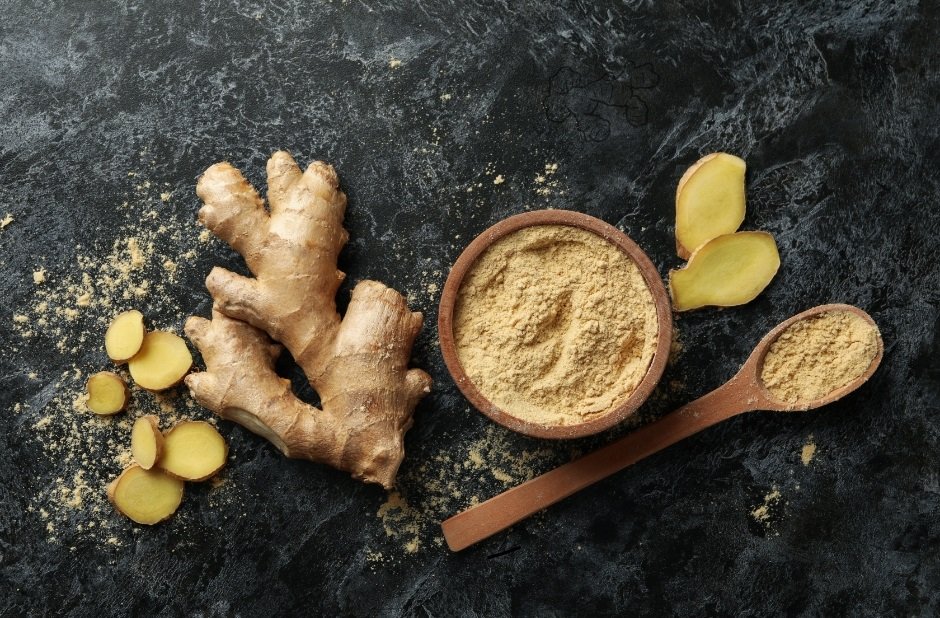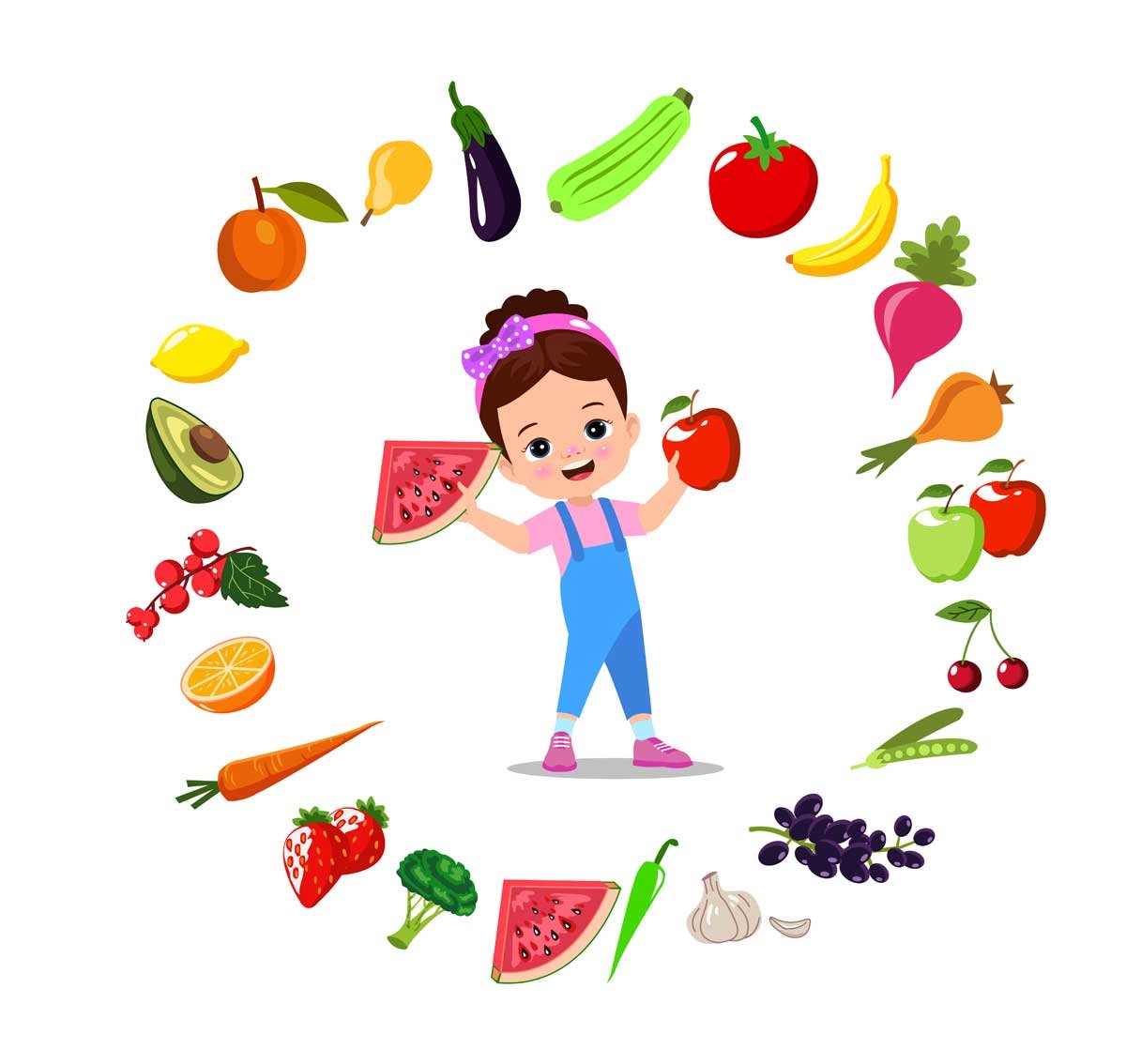Best Nutrient-Rich Diets for Babies 0-2 Years
During the critical first years of life, providing adequate nutrients is essential for healthy growth and development in babies. This article explores the top 10 nutrient rich diets designed for babies ages 0-2, ensuring they receive optimal nutrition for a solid foundation.

Breast milk or formula
For babies, breast milk or formula is the main source of nutrition for the first six months. Breast milk provides antibodies, vitamins and essential nutrients crucial for baby growth and immune system development.
Introduction of foods rich in iron
Around six months of age, introduce iron-rich foods to support baby’s brain and body growth. Iron-fortified cereals, pureed meats, and legumes are excellent options to ensure adequate intake of this essential mineral.
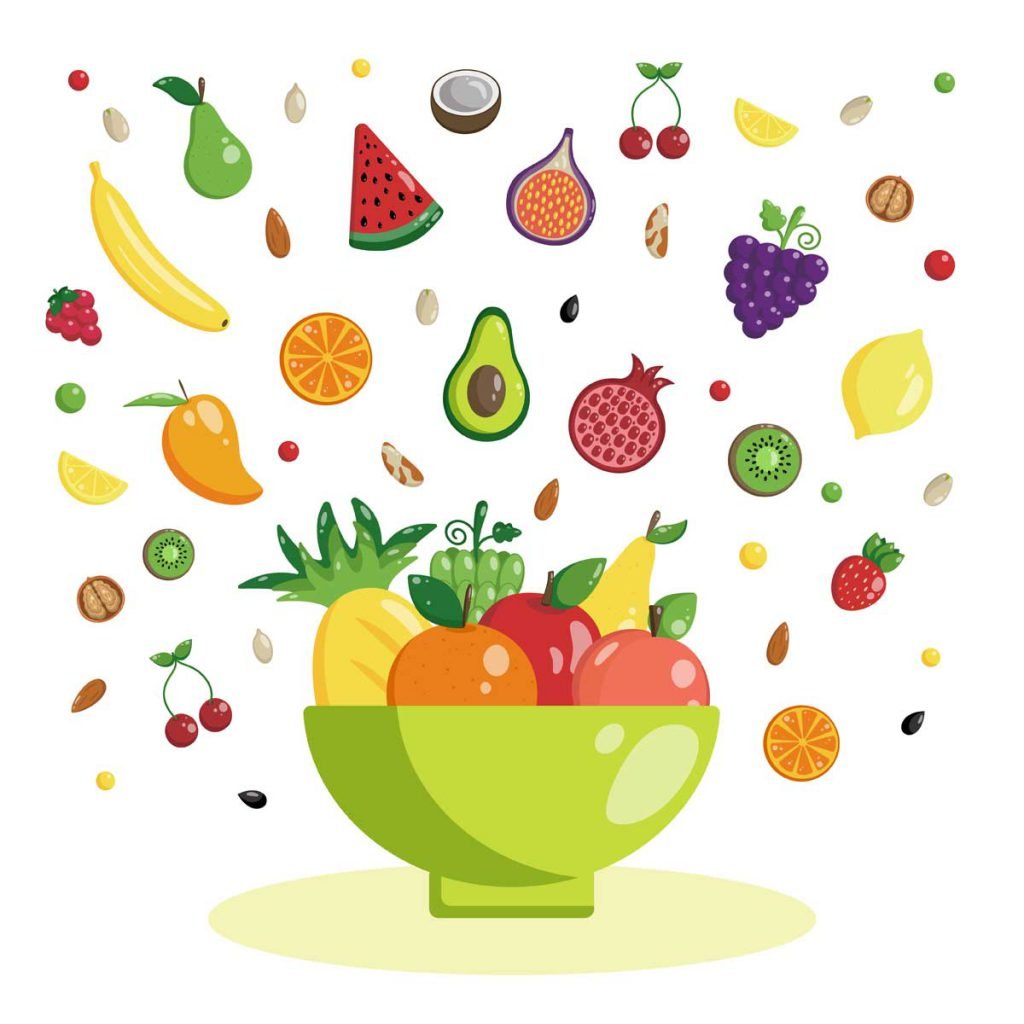
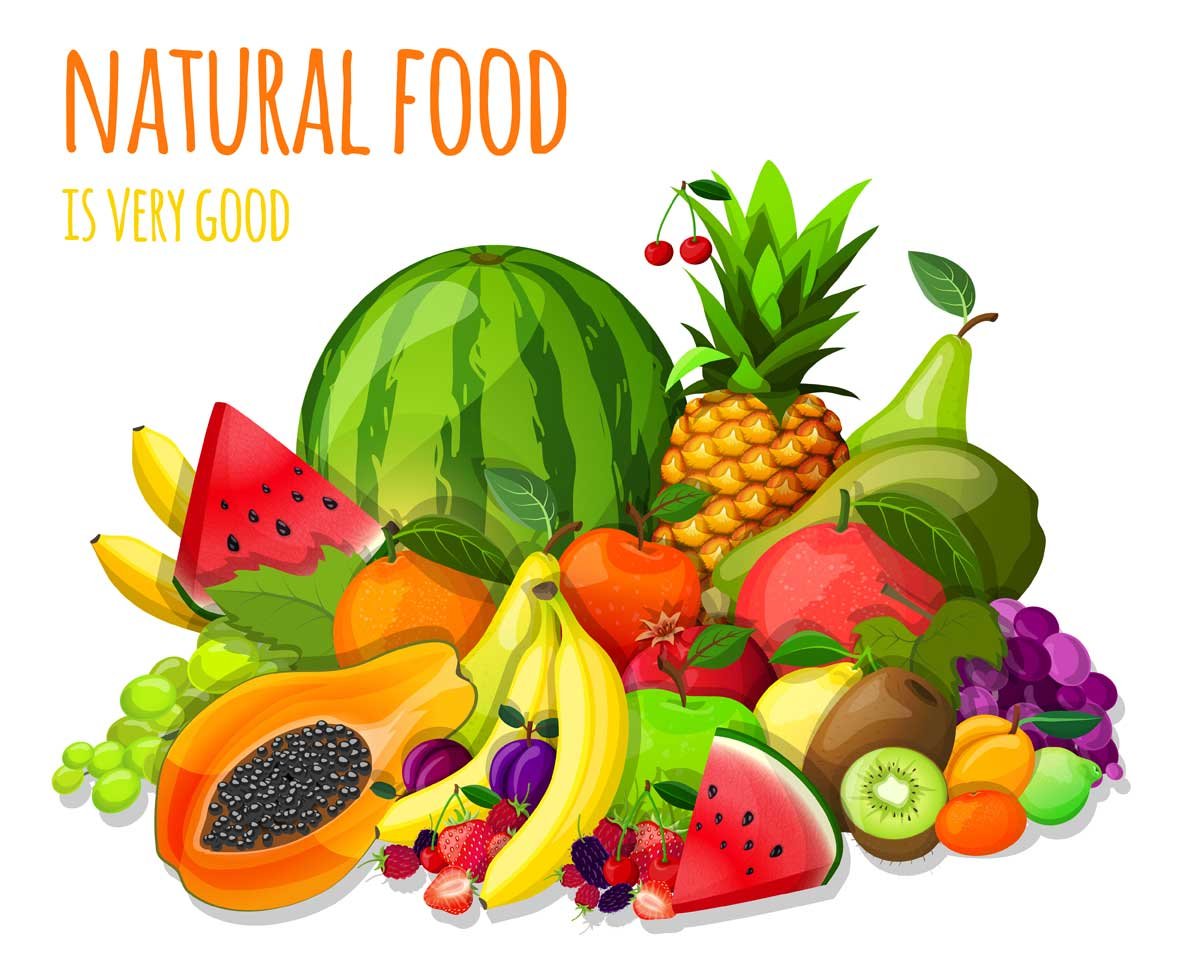
Puree fruits and vegetables
Start introducing a variety of fruit and vegetable purees to provide essential vitamins, minerals and antioxidants. Colorful options like sweet potatoes, carrots, peas, apples and bananas offer a wide range of nutrients.
Whole grains for energy:
As your baby progresses to solids, include whole grains like rice, oats, and quinoa. These cereals provide energy, fiber and essential nutrients for healthy development, supporting the growth of the baby’s body and brain.
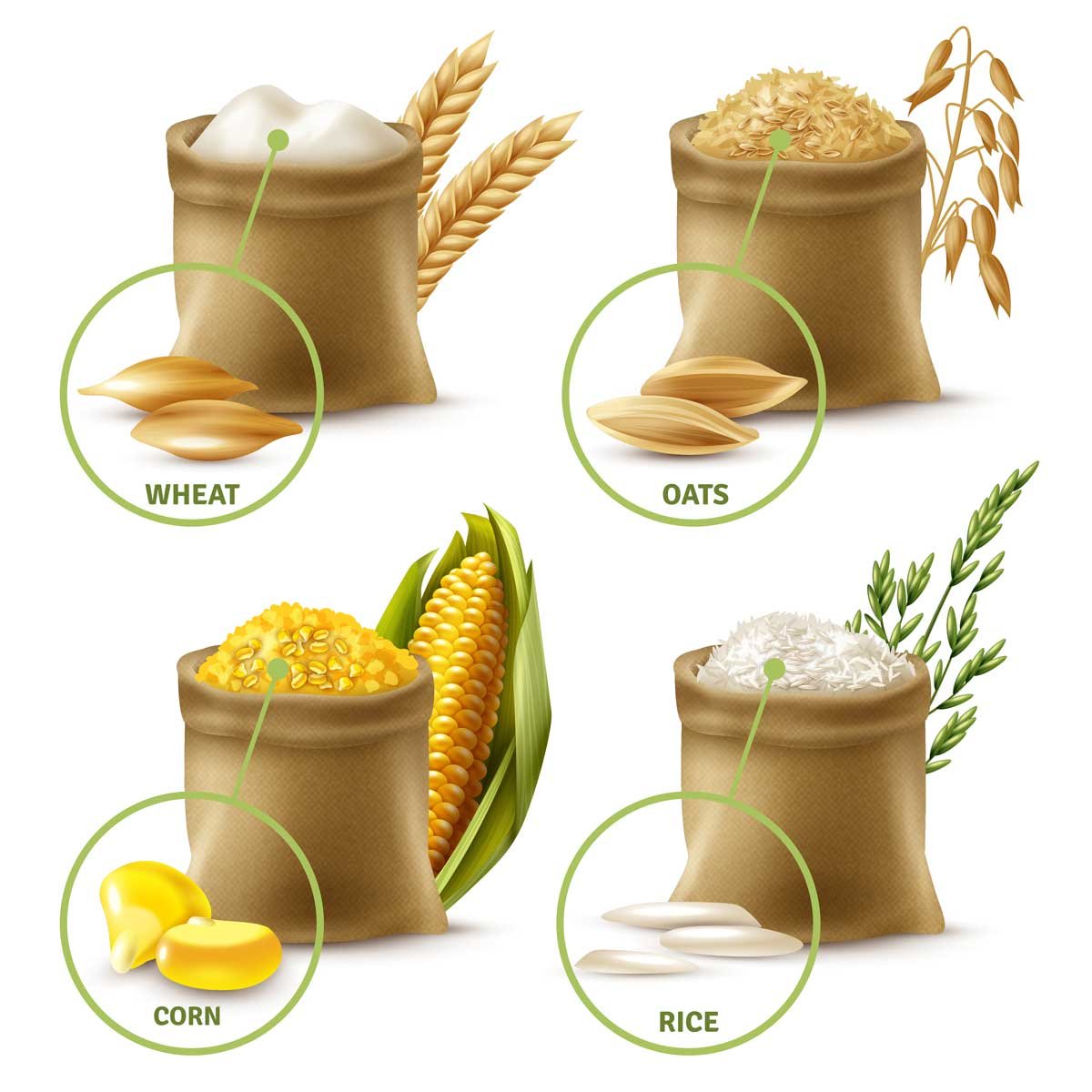
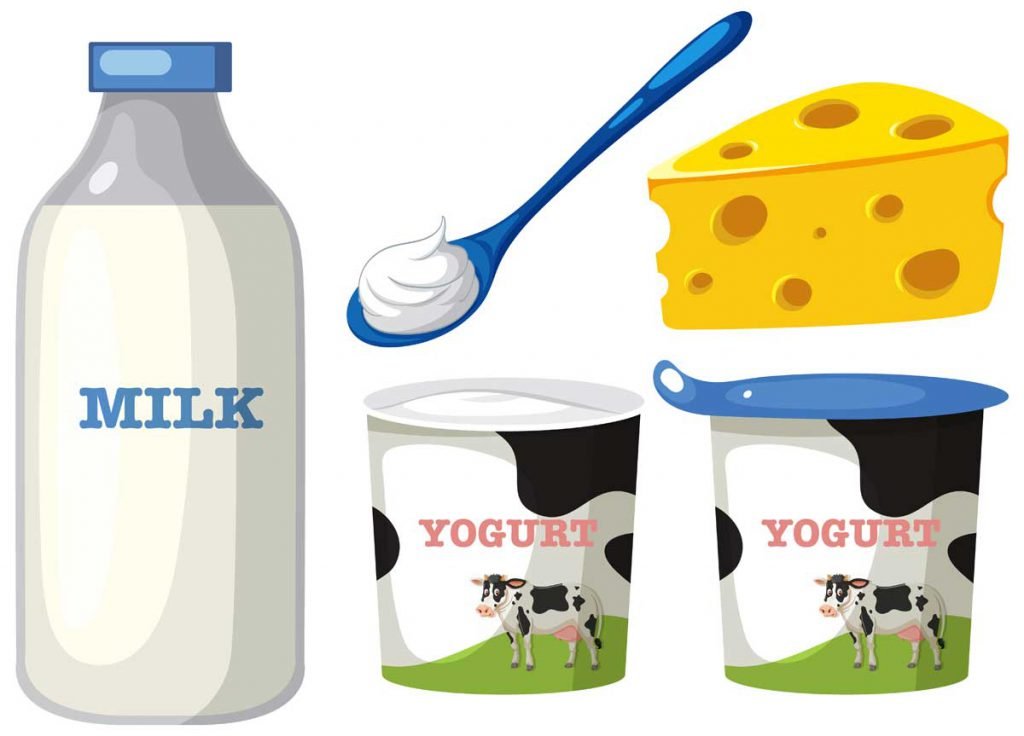
Dairy or dairy alternatives
Introduce dairy or fortified dairy alternatives to ensure adequate calcium and vitamin D for bone development. Options such as yogurt and cheese can be incorporated into your baby’s diet as he transitions to a more varied menu.
Lean Proteins for Muscle Building
Include lean protein sources in your baby’s diet for muscle development. Soft, finely chopped meats, poultry, fish and well-cooked eggs provide essential amino acids crucial for growth.
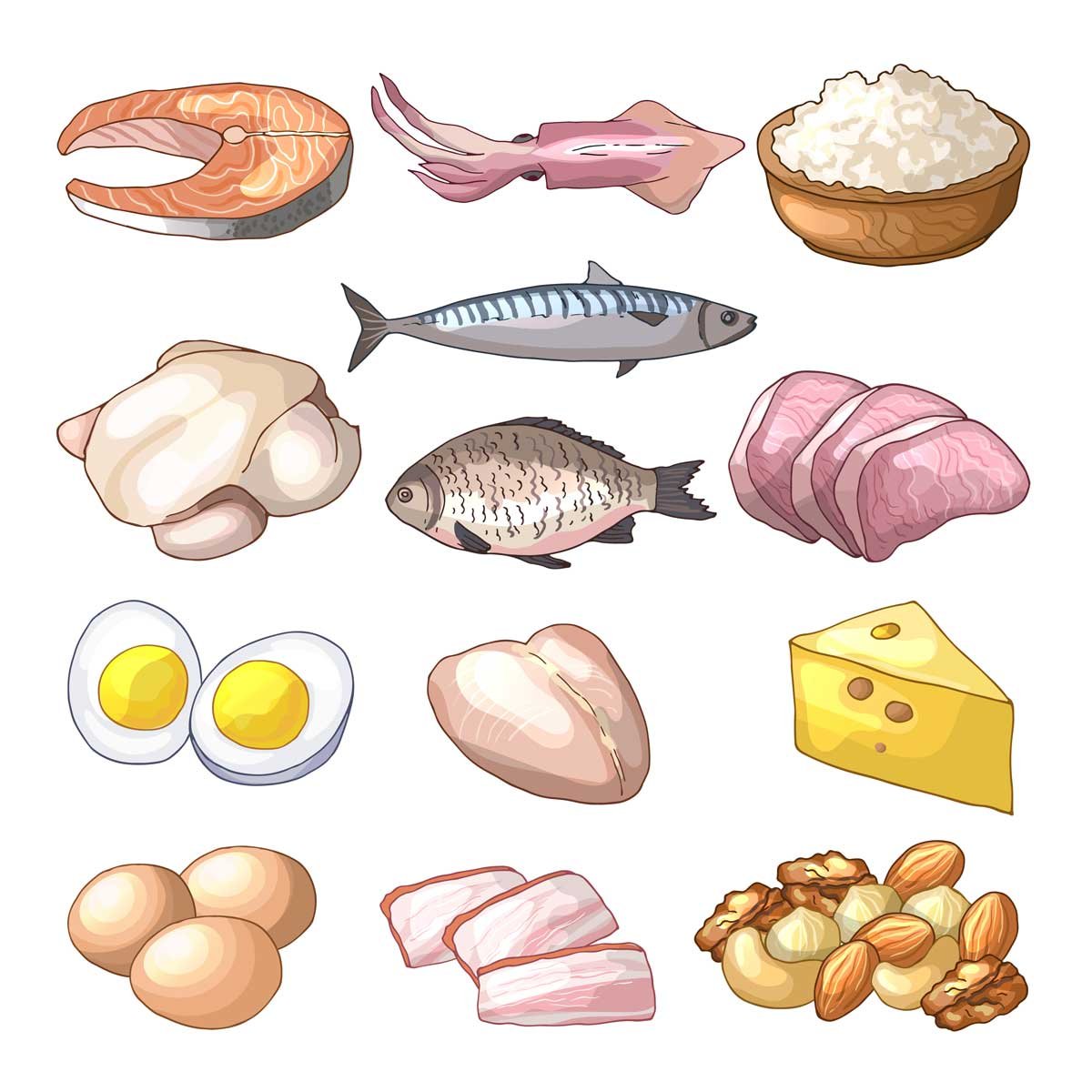
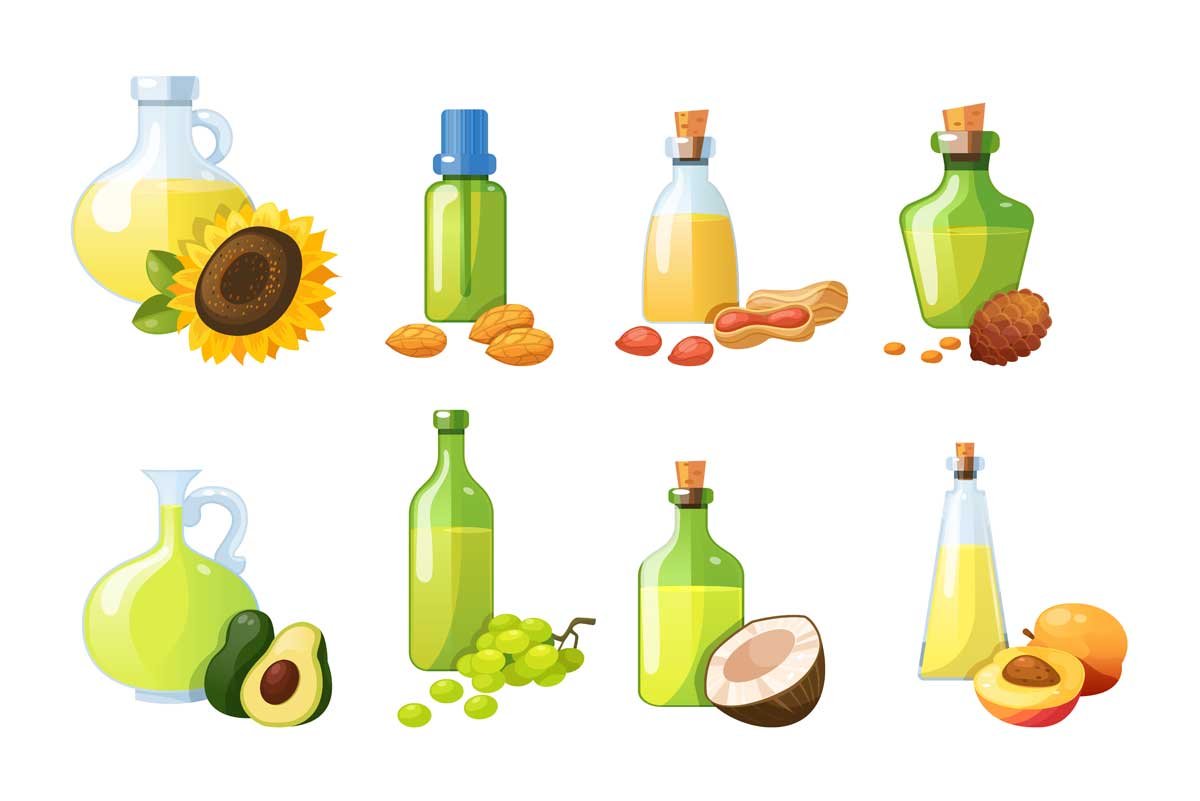
Healthy Fats for Brain Development
Incorporate healthy fats into your baby’s diet to promote brain development. Avocado, pureed nuts, and olive oil are great options, as they provide essential fatty acids crucial for cognitive growth.
Snack Introduction
As baby develops motor skills, introduce finger foods, such as soft fruits, vegetables, and small, manageable pieces of cooked meat. This not only promotes the development of fine motor skills, but also encourages self-feeding.
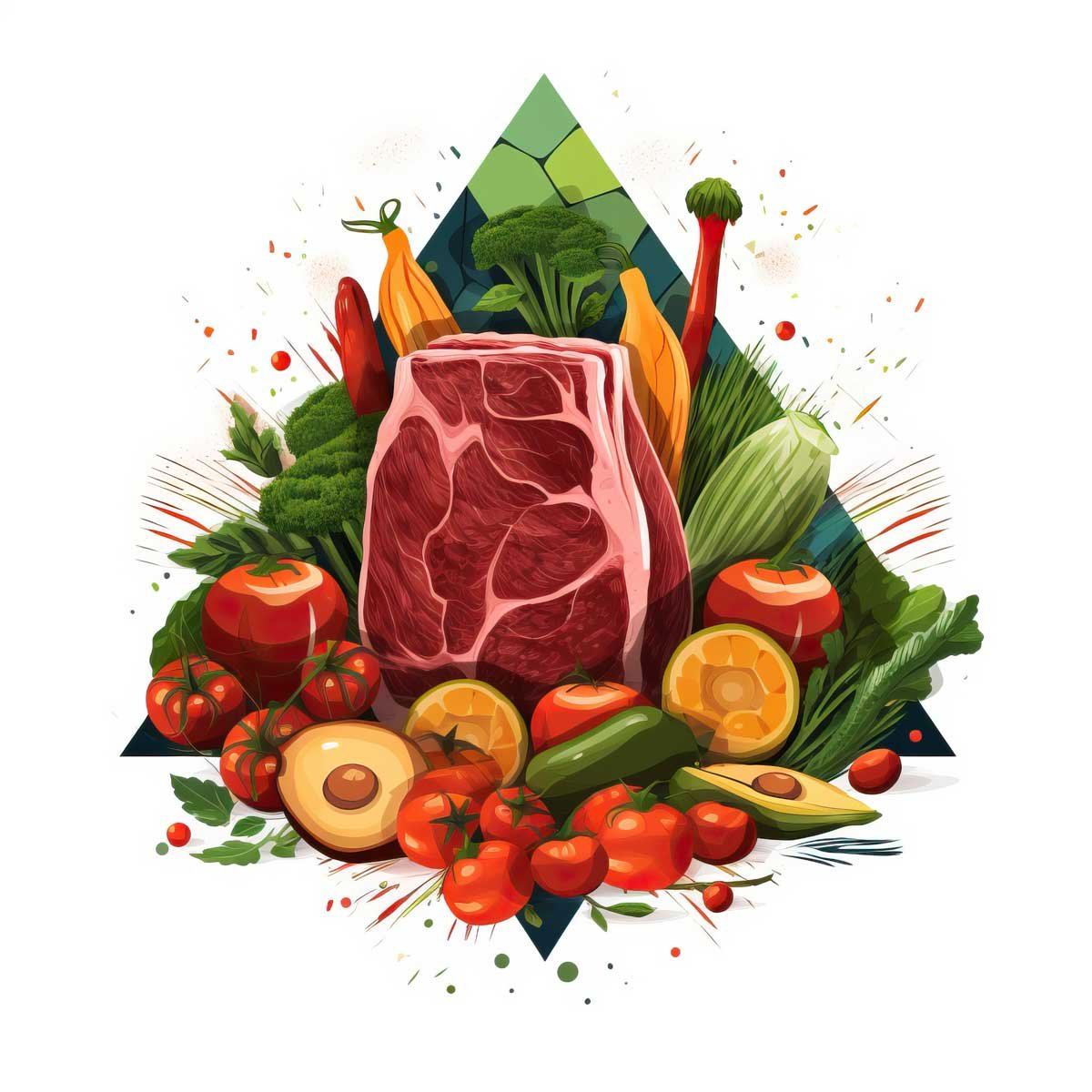

Water and Hydration
Introduce sips of water when your baby starts solids. Maintaining adequate hydration is crucial for overall well-being and supports the digestive process. Avoid sugary drinks and focus on water as your main source of hydration.
Variety is key
Encourage a diverse and complete diet by offering a variety of foods. Rotate fruits, vegetables, grains, and proteins to ensure baby receives a broad spectrum of nutrients for optimal growth and development.
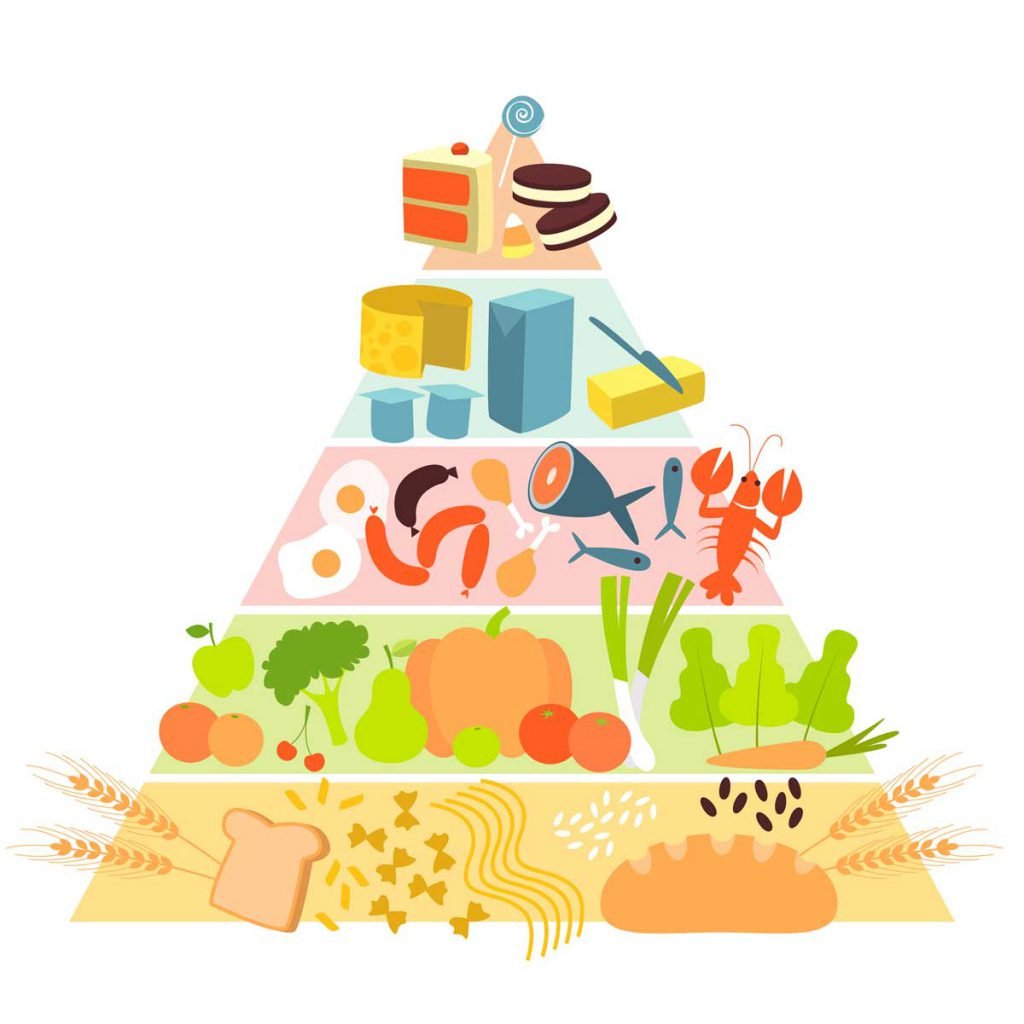
Remarks
Caring for the nutritional needs of babies during their formative years lays the foundation for a lifetime of health and well-being. By incorporating these nutrient-dense foods into their diets, parents can ensure their little ones receive the essential vitamins and minerals needed for healthy growth, cognitive development, and overall well-being during the crucial first years of life.





